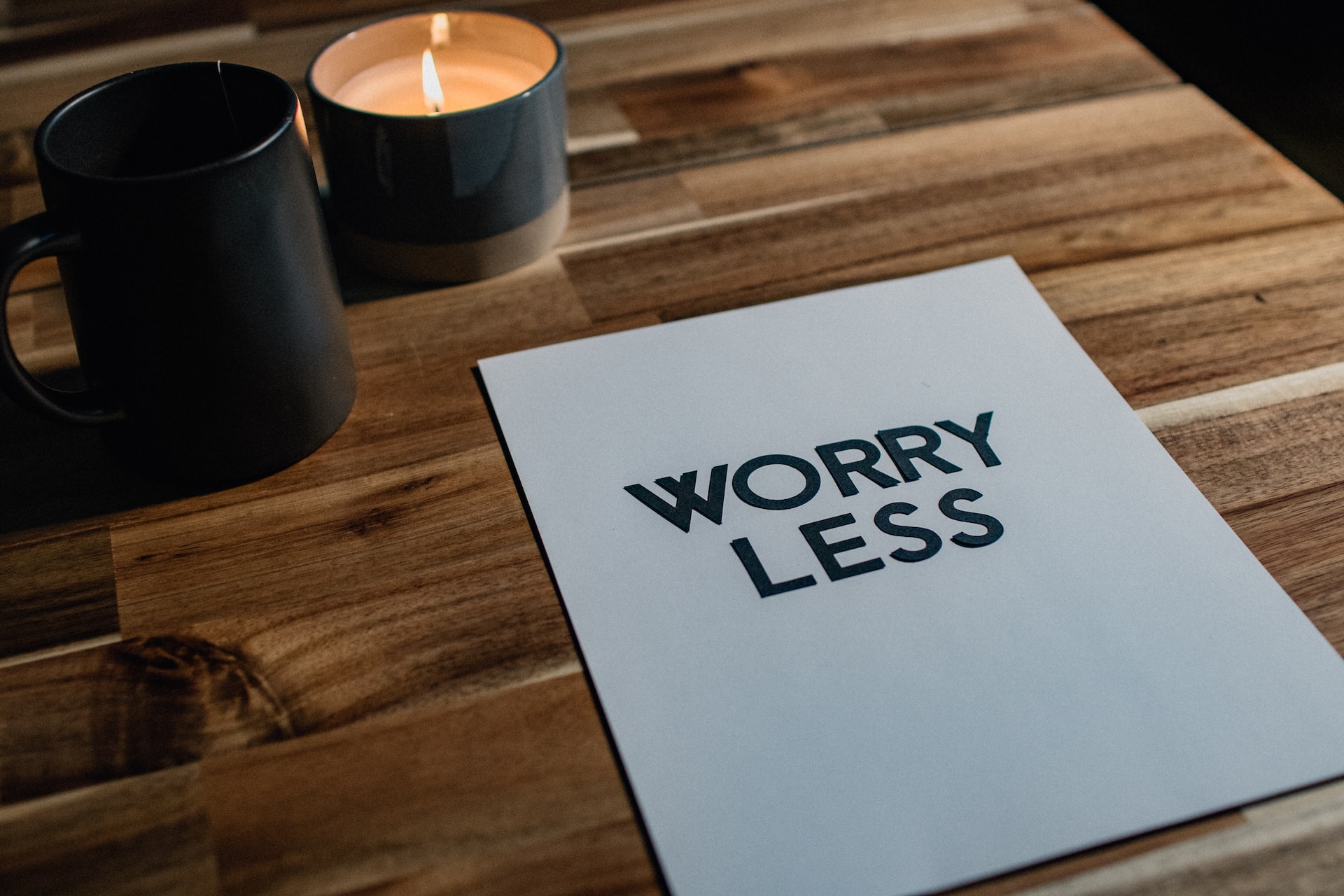Having healthy self-awareness can help you in many life situations. If you can tell that you’re getting angry, for example, you can remove yourself from the situation or otherwise take steps to manage your anger appropriately. Similarly, if you know your limits of patience, wisdom, time, and capacity, that will help you prevent overextending or overcommitting yourself, which can lead to chronic stress and burnout.
Just as self-awareness can help you in these ways, it can also help you in your relationships. Not all relationships are made equal, as some are healthy and can contribute to you becoming the best version of yourself, while others can break you down and diminish you and your well-being. Being aware of what type of relationship you’re in, or better yet, knowing what sort of relationships to avoid, can help protect you and your well-being.
What are toxic couples?
Romantic relationships come in all kinds of packages, but despite these differences, at the heart of every healthy relationship should be love, respect, and care for one another. Healthy relationships make for better well-being, as people find the support they need to pursue their goals, and their relationships aren’t a source of stress and constant conflict. Having people around you who care for you makes a huge difference in your life.
Toxic couples are those who aren’t loving, respectful, or caring in the way they relate to one another and the posture they take toward each other. This can happen in big, obvious ways that are plain to see, but it can happen in small ways that are no less impactful in undermining the health of the relationship. The couple may be completely oblivious to themselves, but the relationship will nonetheless still be toxic.
 When soil, water, or air is toxic, what we mean by that is it’s hostile to life. Things can’t grow in those environments, and if they are growing, they’ll eventually wither and likely die. In a toxic relationship, that ‘death’ isn’t necessarily literal, but it can mean the absence of key indicators of life to the full, which includes joy, peace, excitement, and delight about what life has to offer, and developing your God-given gifts to the full.
When soil, water, or air is toxic, what we mean by that is it’s hostile to life. Things can’t grow in those environments, and if they are growing, they’ll eventually wither and likely die. In a toxic relationship, that ‘death’ isn’t necessarily literal, but it can mean the absence of key indicators of life to the full, which includes joy, peace, excitement, and delight about what life has to offer, and developing your God-given gifts to the full.
Anyone can become part of a toxic relationship, and sometimes even a healthy relationship can become toxic for any number of reasons. The key thing is being able to identify when a relationship is no longer healthy or when the well-being of one or both parties is under threat, and then take steps to bring health back to the relationship. As long as both parties are willing to try, you can turn things around in a toxic relationship.
The Signs of Toxic Behavior in Relationships
There are some things that are bad for relationships, damaging the relationship itself as well as the people in it. The call on our lives is to love the Lord with everything we have and are, and to love others as we love ourselves (Matthew 22:34-40). To love is our highest purpose and calling, and the story of the whole Bible shows us what that love looks like. Toxic behavior will be things that aren’t loving.
One place where we learn what love is and looks like is the famous passage in 1 Corinthians 13. We read,
Love is patient, love is kind. It does not envy, it does not boast, it is not proud. It does not dishonor others, it is not self-seeking, it is not easily angered, it keeps no record of wrongs. Love does not delight in evil but rejoices with the truth. It always protects, always trusts, always hopes, always perseveres. Love never fails. – 1 Corinthians 13:4-8, NIV
We see Jesus demonstrate this kind of love in how He related to others, even the people who hated Him. Some of the signs of toxic behavior in a relationship include the following:
 Constant criticism None of us is perfect, and healthy criticism can help us to improve. However, that criticism needs to be turned inward first before being pointed toward others (Matthew 7:1-5), and it should not set the tone in the relationship. Ongoing comments about a partner’s weight, dress sense, choices, and so on, can be a sign of a toxic relationship, especially if there’s little encouragement and building up.
Constant criticism None of us is perfect, and healthy criticism can help us to improve. However, that criticism needs to be turned inward first before being pointed toward others (Matthew 7:1-5), and it should not set the tone in the relationship. Ongoing comments about a partner’s weight, dress sense, choices, and so on, can be a sign of a toxic relationship, especially if there’s little encouragement and building up.
Condescension and contempt Talking down to someone and treating them as though they are of little or no account. Treating a person made in God’s image as though they aren’t worth much damages a relationship deeply.
Humiliation In some instances, condescension and contempt can be seen in making jokes at the other person’s expense, humiliating them in public by calling them names, or highlighting their shortcomings. This isn’t the same as joking together because it’s not being enjoyed by both parties.
Competition Relationships flourish best when there is cooperation and mutual encouragement. That isn’t to say couples can’t have a bit of healthy competition. It becomes unhealthy when the couple sees each other as rivals, when failures are secretly or openly celebrated, they stop truly celebrating each other, and their heart posture is not necessarily one of wanting to see their partner succeed.
Violence A relationship is also toxic when there’s violence between the couple. Violence and lack of safety can stem from verbal, emotional, mental, or physical abuse, which includes threats of violence, shouting, cursing, throwing things, damaging property, etc. These things can undermine one’s sense of safety, making it hard to trust each other and be vulnerable.
Ongoing conflict Conflict will happen in relationships. The question is whether it can be resolved, and if in the process of resolution, the couple can address concerns without resorting to character assassination or breaking each other down. If a couple fights in this unhealthy way, or if they keep having the same fight repeatedly without a clear resolution, that’s also a sign of a toxic relationship.
Other signs can also point to toxic behavior and a toxic relationship. If you discern these in your relationship, take them seriously and take steps to address the underlying issues.
Why Toxic Couples May Be Blind to Their Issues
 At the beginning, the idea of self-awareness was raised. When toxic couples are in an unhealthy relationship, do they know it, or is it something that only the people around them can see? Sometimes, toxic couples get trapped in unhealthy patterns of behavior, and they don’t even see it. It’s just become the norm, and they’ve adjusted for it, and they stop being aware of how unhealthy the situation is.
At the beginning, the idea of self-awareness was raised. When toxic couples are in an unhealthy relationship, do they know it, or is it something that only the people around them can see? Sometimes, toxic couples get trapped in unhealthy patterns of behavior, and they don’t even see it. It’s just become the norm, and they’ve adjusted for it, and they stop being aware of how unhealthy the situation is.
There are many reasons why toxic couples can be in unhealthy situations and be somewhat unaware of it. Maybe they were aware at first, but then grew to accept it due to fear of losing the relationship, or paralysis about knowing how to fix things. Relationship inertia is a thing; toxic couples carry on even when they know they shouldn’t, for the sake of the children, to save face, or to maintain a certain image of themselves.
In other situations, people may be in unhealthy situations because that’s all they’ve known. If, when you were a child, you were exposed to trauma or other unhealthy relationship dynamics like domestic abuse, if that trauma is unresolved, there’s a possibility of being drawn to relationships with similar dynamics. People who have experienced abandonment might develop attachment issues, which make them loath to leave damaging relationships.
Toxic couples might be aware of the issues but live in the hope that the issues will resolve over time. When the issues don’t go away, feelings of failure, feeling trapped, and feeling disempowered to make a change can all conspire to prevent them from taking active steps to change things.
Nurturing Healthy Relationships
If you see the signs of toxic behavior in your relationship, it’s important to take them seriously. They won’t go away by themselves, and the damage they can do to you both is incalculable.
It can be hard to confront a difficult reality about your relationship, but the alternative can be devastating to your well-being. It takes courage to make the move toward fixing things, but that’s the best thing you can do for yourself and your relationship.
To nurture healthy relationships, it’s important to have honest conversations, to carve out time to share your thoughts and concerns. Building or rebuilding vulnerability takes time, but you don’t have to do it alone.
A couples counselor can create a safe, non-judgmental space for you to talk through your concerns. Your counselor can help you discern unhealthy patterns, as well as develop strategies to communicate more effectively and resolve conflicts well. Contact our office today to learn more.
Photos:
“Angry”, Courtesy of Getty Images, Unsplash.com, Unsplash+ License; “Debate”, Courtesy of Getty Images, Unsplash.com, Unsplash+ License; “Comfort”, Courtesy of Alex Green, Pexels.com, CC0 License
- Ronald Jenkins: Author
Having served as a pastor for 30 years, my passion is to help people overcome the difficulties they are facing in life. Clients will benefit from my practice being supervised by Dr. Greg Stewart, PhD, MDiv, LPC-S, License Number 76329. Whether you’re...
DISCLAIMER: THIS ARTICLE DOES NOT PROVIDE MEDICAL ADVICE
Articles are intended for informational purposes only and do not constitute medical advice; the content is not intended to be a substitute for professional medical advice, diagnosis, or treatment. All opinions expressed by authors and quoted sources are their own and do not necessarily reflect the opinions of the editors, publishers or editorial boards of Stone Oak Christian Counseling. This website does not recommend or endorse any specific tests, physicians, products, procedures, opinions, or other information that may be mentioned on the Site. Reliance on any information provided by this website is solely at your own risk.







